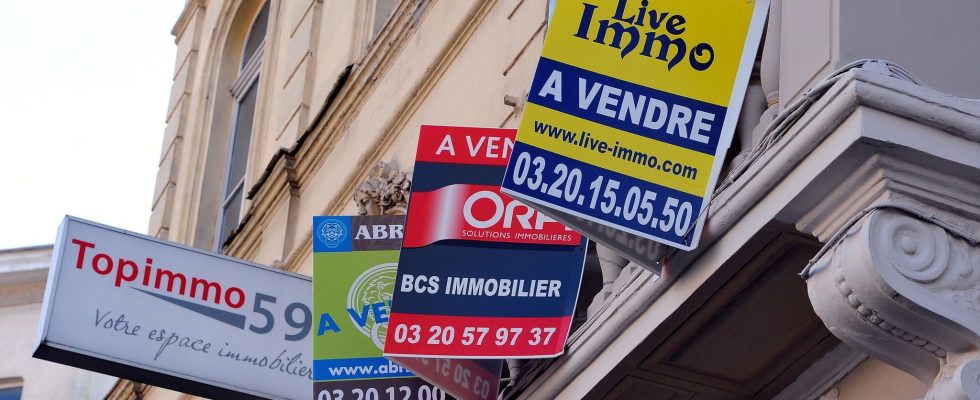Invest in the walls of the Les Enfants Rouges restaurant, in Montpellier, a stone’s throw from Place Castellane, with a rental yield of 6.5% net of fees… from just 100 euros: this is what Tantiem, a young fintech, is currently offering. Concretely, you can finance the purchase of this property in the form of bonds, debt securities which give you the right to receive a share of the rent. At maturity, at the time of resale, you are supposed to regain your capital, or even realize a capital gain. This type of investment is called fractional real estate. It targets very profitable assets, such as commercial premises or entire buildings. And it is opening up to individuals via new online players: Blocshare, Bloks, Bricks, Meute Invest, Oben, Streal…
The purchase of the property is made in cash
Fractional real estate allows you to build your own portfolio, by selecting the properties of your choice from those offered for investment for a few hundred euros each time. But these remain the property of a subsidiary of the platform, which manages them for you. “The average ticket of our investors is 1,300 euros per file and 45% of them had already bet on another project,” explains Clément Renault, director of Meute Invest. Once the funds have been raised, the purchase is made in cash. In a context of declining real estate loans, this uniqueness offers strong room for negotiation when purchasing.
In most deals, target annual returns are between 4 and 8 percent net of fees for eight to 10 years, until resale. “We are looking for higher levels than real estate investment companies (SCPI), with rare pearls inaccessible to the general public,” explains Louis Dutheil, co-founder of Streal, which focuses on short-term hotel accommodation in Paris. You also benefit from two tax advantages. Already, you are taxed flat tax of 30%, unlike property income taxable at the progressive scale. In addition, the value of this real estate is not included in the real estate wealth tax base (IFI).
Pay attention to the return in the form of royalties
Although attractive, this new type of investment must still be handled with caution. “First of all, you will have to thwart scams,” says Thomas Penet, co-founder of Tantiem. To do this, check that the platform is domiciled in France, that you benefit from a first-rank mortgage with the possibility of seizing the property in the event of failure to pay to limit the damage and, of course, study the documents provided on the investment to which you agree. As such, the Financial Markets Authority has warned the public “against certain platforms offering to invest in the form of royalties”, which do not offer the same legal guarantees to the saver.
Once this work has been done, keep in mind that the returns displayed by the platforms are indicative and that no guarantee is provided in the event of vacancy: you alone bear this risk. “It is therefore essential to check the quality of the management team and that in charge of identifying assets,” believes Lauren Dannay, co-founder of Bloks. Due to a lack of history in this new sector, this examination is not easy. Finally, the different players have not yet agreed on how to calculate returns and commissions charged on entry, and for management. Everyone does it in their own way, making the comparison of offers difficult, if not impossible.
A long-term investment
Furthermore, you are committing over a long period. If you need to get your money back before then, you will have to find a buyer yourself and agree to a serious discount. If you can wait, you can hope for an appreciation of the property. But, to be a winner, it will have to be substantial. Indeed, entry costs include notary fees but also platform commissions which sometimes represent up to 10% of the total value of the project. Finally, we must not neglect the risk that, during the duration of the project, some of these start-ups will simply disappear.
.
